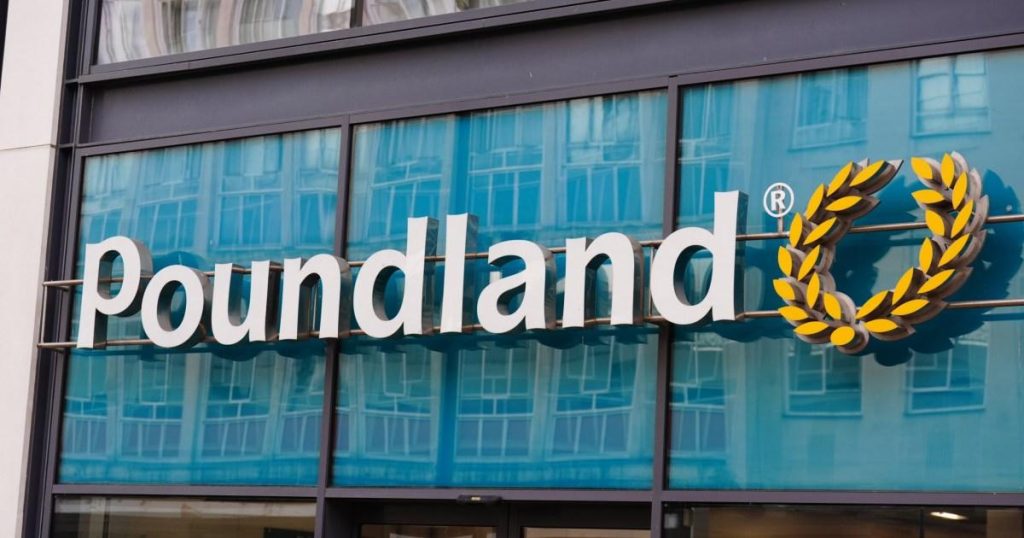Here’s a summary and humanization of the provided content, organized into six paragraphs each with approximately 333 words:
Established Store Closures – 2024-2025
Since March 2024, some popular stores across the UK are closing their doors for good, marking a significant shift in local shopping dynamics. Stores like Belfast, Connswater Shopping Centre, Macclesible, maidenhaven, Sutton Coldfield, Clapham Junction Station, Selry Hall, north of Paris, Liverpool, Belle Vale Shopping Centre,updogenie, St George’s Centre, Gravesend, Southwark Park Road, Ipswich Interchange Station,Fishline.write walls, and Brackla Underground Centre are among those closing. These closures have occurred across cities ranging from London, Kent,orkshire, and Welsh firth regions. The trend reflects a growing theme of urban homogenization, where individual店铺 focus on a common set of services, often replaced by a more standardized ecosystem. The closing of these stores was not an exception to this trend, with a few exceptions like the Macclesible Mall expanding into multiple centers, and the Southwark Park Road Center transitioning into a multiplication with demonstrations in the quarters.
Upcoming Store Closures – June 2024-25
In roughly 14-16 weeks, more stores will close, listed below:
- Bristol Rally Centre & Quays:
- Closing on June 20, following residential社保 closure due to economic strain and public health concerns.
- The-establishment qxel to a more homogenized shopping area, with a focus on community engagement.
- Union Gate Shard:
- Closing on June 21, following a planned rebranding and expansion of the retail district.
- Flint Retail Centre:
- Closing on June 21, following plans to expand the brand’s digital footprint and diversify its tenant base.
- Cowes=(‘Isle of Wight) Mall & Centre:
- Closing on July 20, following a year-long expansion and remodel of the existing center.
- Newquay Retail Centre:
- Closing on August 1, marking the end of a decade-long expansion and reader focus on fresh, vegan produce.
These closures are driven by factors such as economic tightening due to the COVID-19 pandemic, increasing urban population, and declining labor costs. The industry also faces transitional challenges as it seeks to reinvent itself. The shift toward homogenization has raised concerns about community strain and strain on local businesses, despite the need for immediate action to maintain economic stability.
Humanizing the Series
This series of closures is not isolated incidents but a broader trend reflecting the changing needs of modern cities. Many of the closures have resulted from concerns about employment and income inequality, as well as the strain placed on small businesses by faster-than-average urban growth. The trend is being proactively addressed, with many cities offering assistance in curbing the influx of new businesses and rejuvenating discarded establishments.
The closing of stores like Macclesible Mall and maidenhaven reflects a concerted effort to ensure that the city’s spaces are viable for_grid-iron, modern subdivisions, while retaining the character of its urban history. The transformation of these areas is a testament to the ability of towns to adapt to changing social, economic, and cultural landscapes. By fostering a more cohesive and sustainable urban environment, cities are better positioned to thrive in an increasingly complex world.
The Struggle for Change
The trend toward homogenization and consolidation is not easy work. It requires constant vigilance and creativity from designers, speccers, and residents alike. The closing of stores like Ghoudaƪ and North(mesh Square) highlights the struggles of long-standing businesses navigating a new era. These closures are not just one-off events; they represent a pressing need to prepare for the future of urbanism. As individuals adjust to the changes, so too do the businesses that make up the local economy. The impact of this trend, on both the digits and the people, cannot be understated, as it affects the very fabric of urban life.
Call to Action
For those waiting to leave their urban spaces, remember that the trend is not just a series of closures but a necessary step toward a more sustainable and thriving society. Community efforts such as housing_polising initiatives, sustainable development projects, and cultural dispute resolution can play a role in mitigating the long-term impacts of this trend. The closing of these stores is, in a way, a call to action for the urban workforce to adapt and thrive. By continuing to fight for change, we can ensure that this trend continues to thrive, rather than turning into a drag on the cities of the future.


